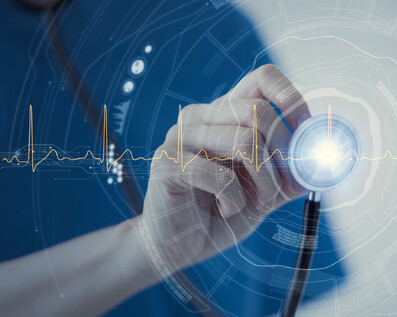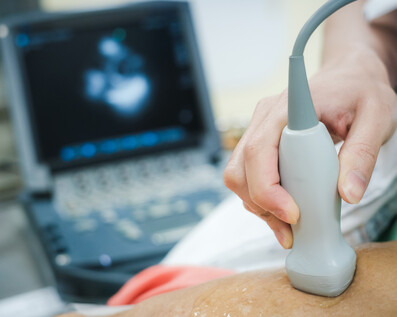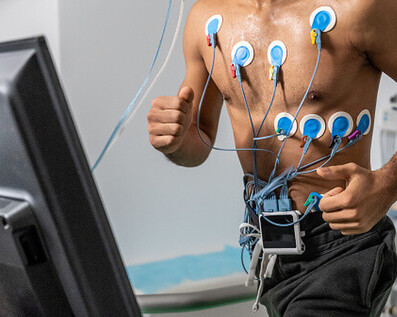Our services
Let's make Waikato heart health a priority
At Aro Manawa, we provide a comprehensive suite of cardiology services that are designed to support your heart health at every stage of your life.
Our specialist cardiology clinics offer expert care and state of the art investigations including adult and paediatric echocardiography, stress testing, Holter monitoring, electrocardiograms, and blood pressure monitoring to ensure accurate diagnosis and effective management.
With a focus on rapid, personalised care, we are dedicated to helping you and your whānau achieve optimal heart health.
Our Services





What is echocardiography?
Echocardiography, also known as cardiac ultrasound, is a type of medical imaging, used to examine the heart's function.
How does it work?
Echocardiography (echo) uses sound waves to create moving images of the heart's structure and function. This helps cardiologists see how well the heart is pumping blood, check for any problems with the heart valves or chambers, and look for signs of heart disease.
A small device called a transducer is placed on the chest and emits sound waves, which then bounce off the heart and are captured to create pictures. This test is safe as it uses no radiation.
Why do I need to get an echo?
This test can provide valuable information about your heart's pumping ability, the condition of the heart valves, the size and shape of the heart chambers, and any potential abnormalities or diseases affecting the heart.
It can be used to diagnose various heart conditions such as heart failure, heart valve disease, congenital heart defects, and issues with the heart's muscle or lining. Additionally, echocardiography can help doctors monitor the progression of certain heart conditions and assess the effectiveness of treatment plans.
How long will it take?
An echocardiogram typically takes about 30 to 60 minutes to complete. In some cases, certain specialised echocardiograms, such as 3D and Strain echocardiography, may take longer due to the additional steps involved in the procedure.
What can I expect?
During an echocardiogram, you will be given a gown to allow easy access to the chest area. Lying on an examination table, small adhesive patches called electrodes will be placed on the chest to record the heart's electrical activity.
A trained sonographer will apply a special gel to the chest and use a device called a transducer to capture heart images by moving it gently across the chest.
How to prepare for your scan
We understand you may often feel anxious and/or concerned about your heart healthcare and are here to answer any questions you may have about the scan. Click here for some information on how you can prepare for your scan.


